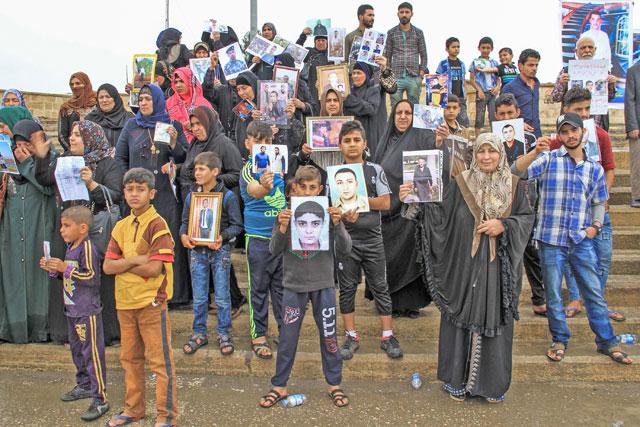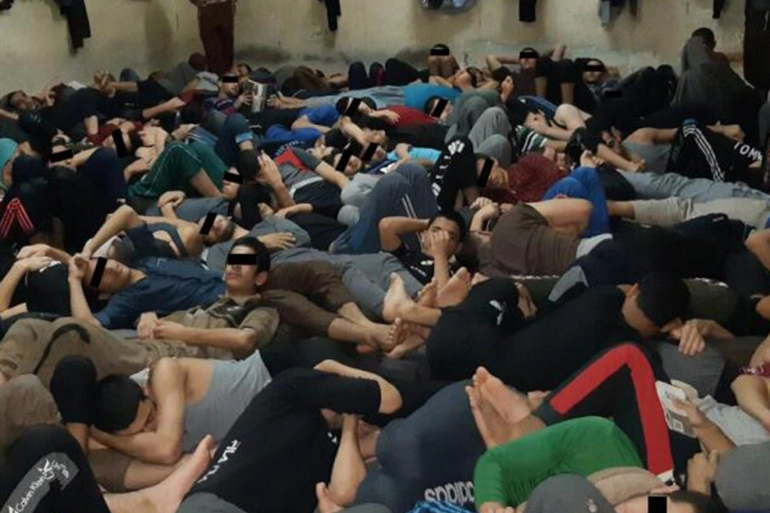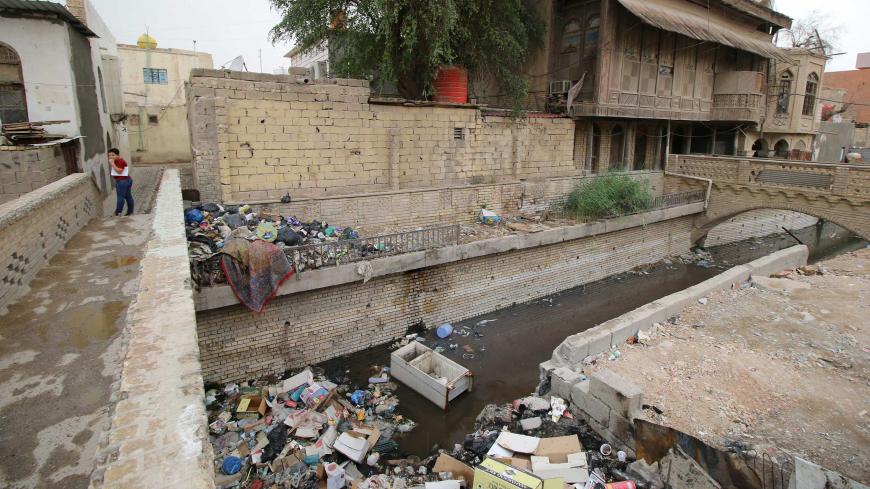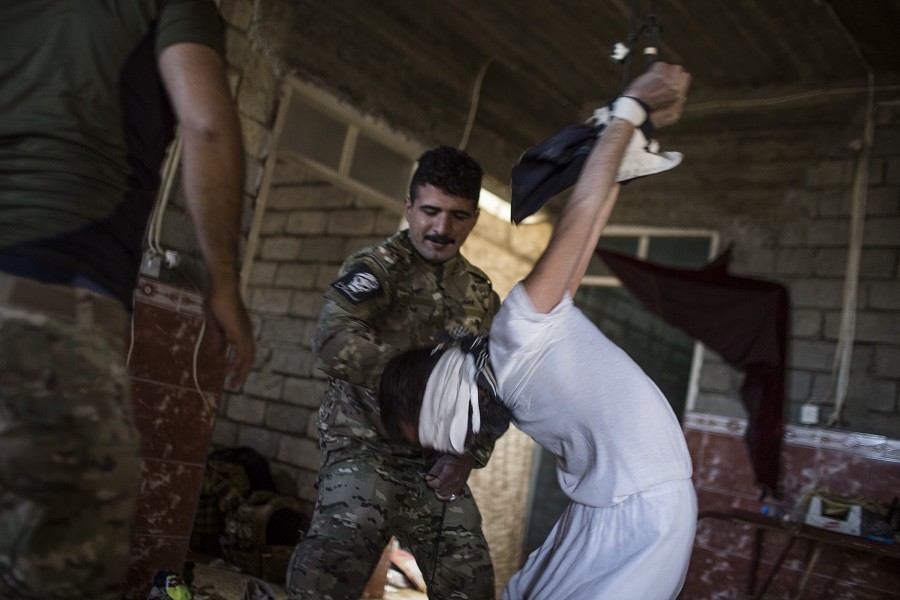The Iraqi Observatory for Human Rights said that hundreds of civilians in the city of Mosul were arrested by ISIS during their invasion of the city, their fate is still unknown despite the passage of more than eight months since the liberation of the city.
The monitoring network of the Iraqi Observatory for Human Rights expressed that "dozens of reports received from the families and relatives of the missing speak of not knowing the fate of their sons who were arrested by ISIS in their prisons and who disappeared during the liberation operations".
A woman in her seventies, Um Falah, said, “Her 33-year-old son was kidnapped by ISIS during its control of the city under the pretext of communicating with the Iraqi security forces, and after the liberation of the city, his fate is … still unknown and unaware whether He may or may not be dead".
"Every day we search and knock on the doors of the security authorities to know the fate of our son, but we did not receive any answer. All the officials who visited us, we spoke to them and promised to know his fate, but so far they have not provided anything of what they promised".
The Iraqi Observatory for Human Rights expressed that "ISIS prisons, which controlled the city of Mosul for three years, were overcrowded with thousands of prisoners, some of whom were killed before the city was liberated, while the largest percentage remained in prisons even before the start of military operations a few days ago".
The monitoring network of the Iraqi Observatory for Human Rights said: “It is necessary to know the fate of the missing, and there is no evidence so far that they were killed, and it is not excluded that ISIS executed them during the battles, but there is no evidence to confirm this. A 50-year-old woman from Mosul said, "ISIS arrested her son, Ali Daoud, on October 24, 2016, in the Wadi Hajar area in the city of Mosul, when it launched a campaign against those affiliated with the Iraqi state institutions".
The woman added that "her brother was also kidnapped by ISIS in 2014 on charges of not carrying out their orders, but she is still unaware of the fate of the two so far, despite her pleas and dozens of women in Mosul".
Three families of the missing said they believed their children were in Iraqi Security Forces detention facilities. "When the battles were about to end, the detainees were in the tunnels, but with the arrival of the security forces they disappeared," he added.
They also said that we are afraid that they will be accused of belonging to ISIS and will remain in detention for a long time, and we want to know their fate now to act on their acquittal if they are ever accused of belonging to ISIS or find out where they are".
The Iraqi Observatory for Human Rights said that Iraqi Prime Minister Haider Al-Badi should work to know the fate of the people who went missing during the military operations, and not leave their fate unknown without taking measures to help their relatives to reach the truth.
The Iraqi Observatory for Human Rights also expressed the right of the families of the missing to know the truth about the fate of their children. It is unreasonable to leave hundreds or thousands of civilians missing without knowing their fate.




